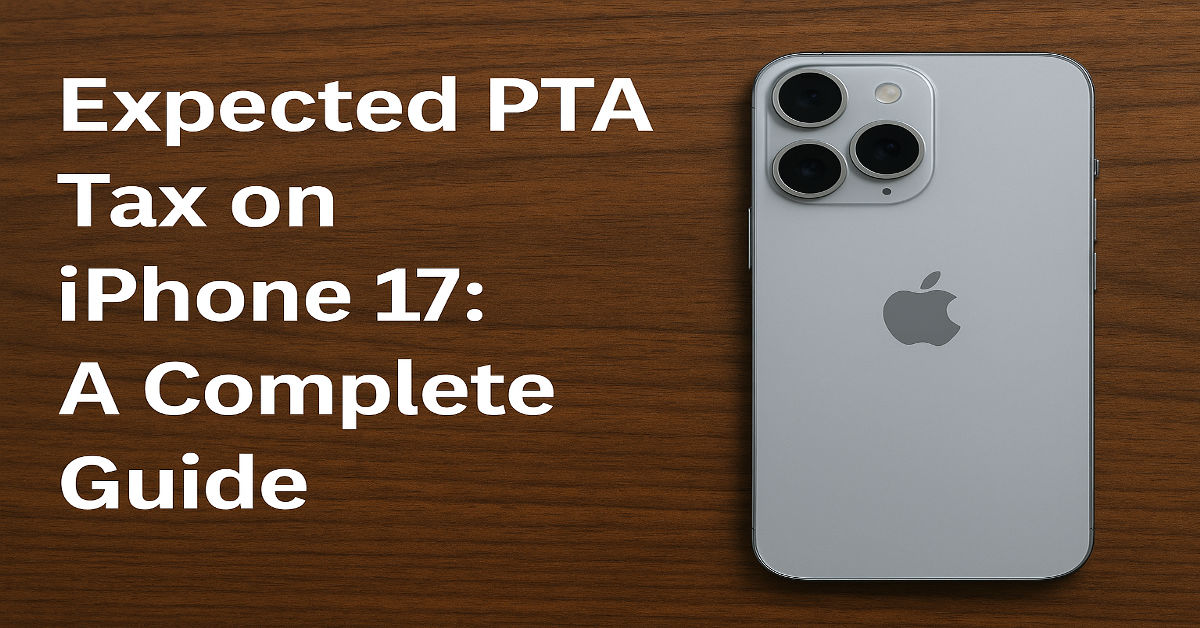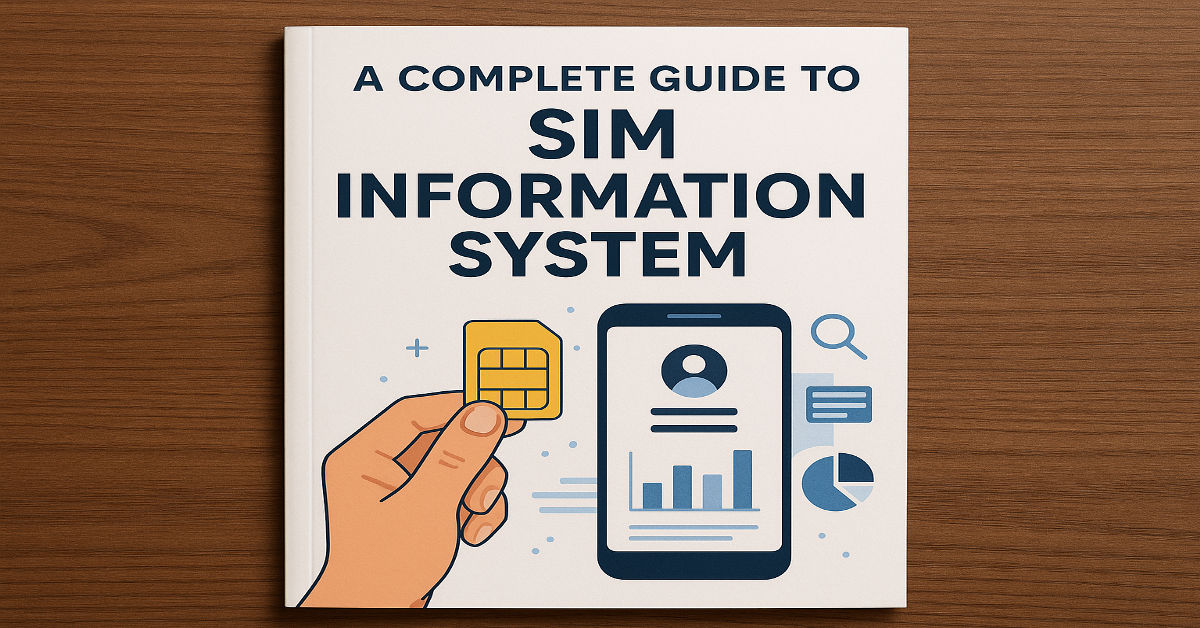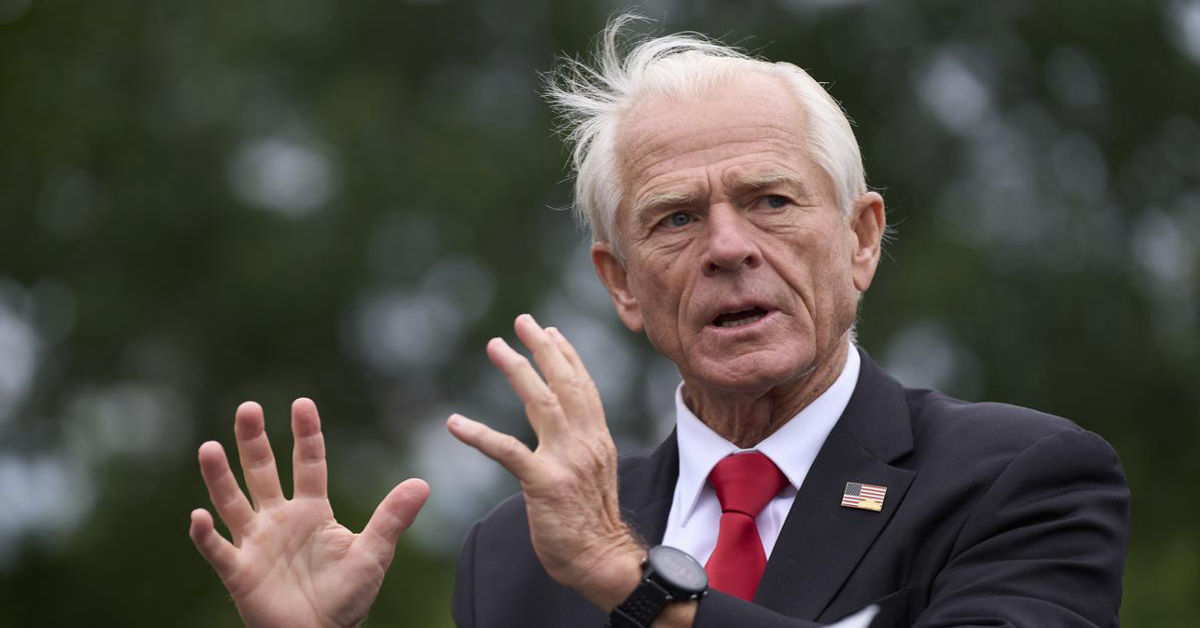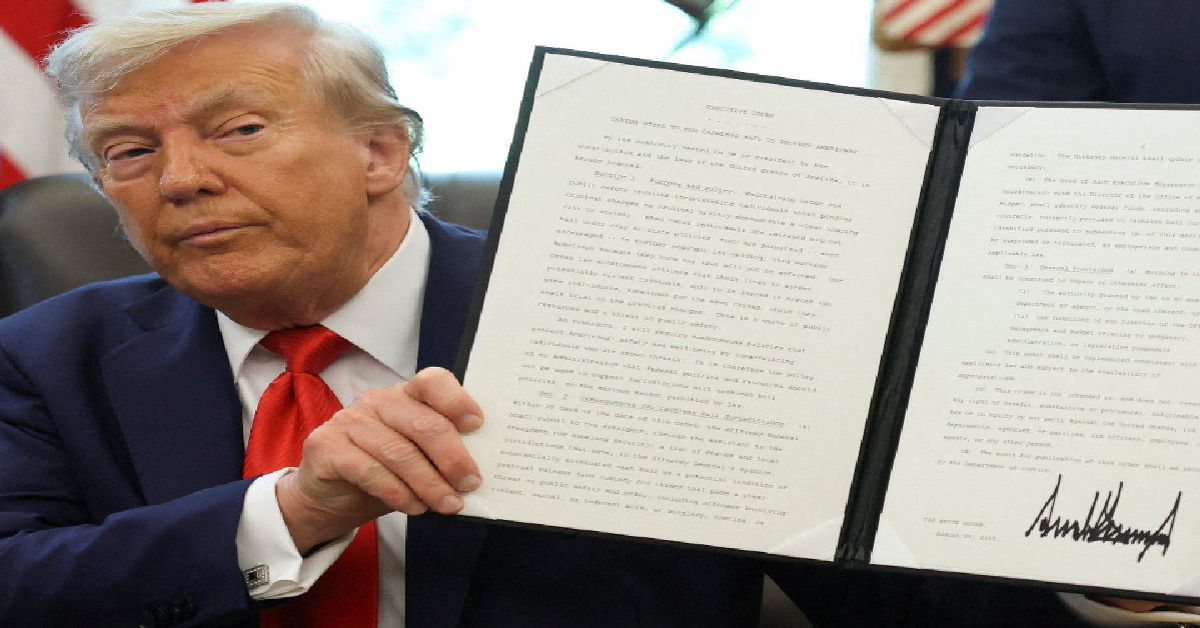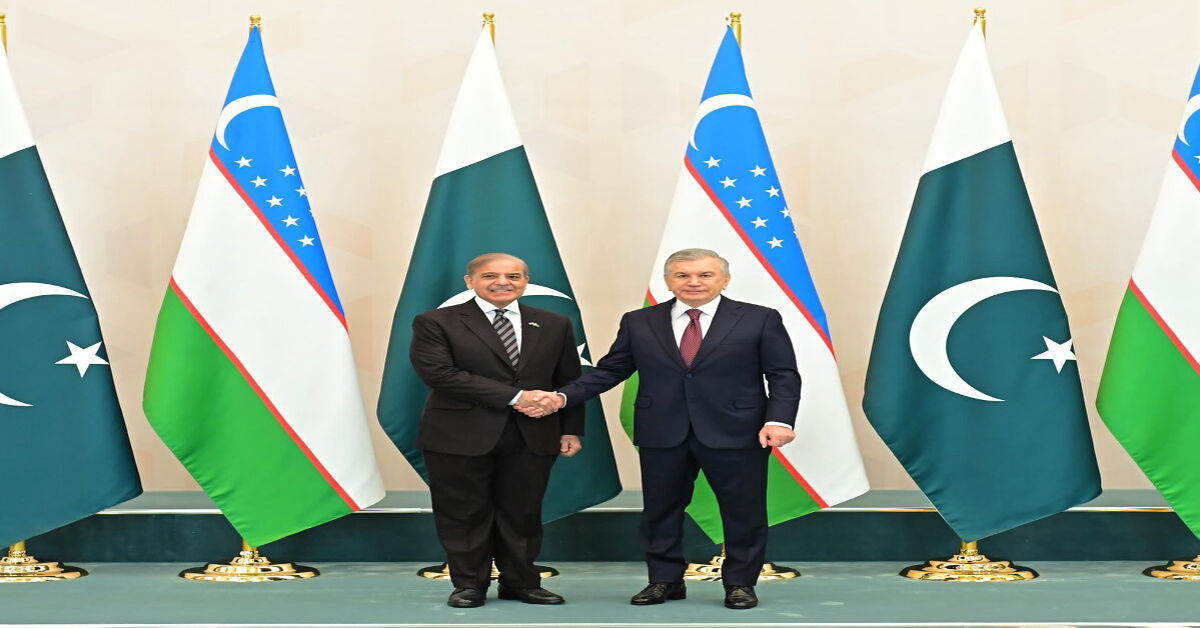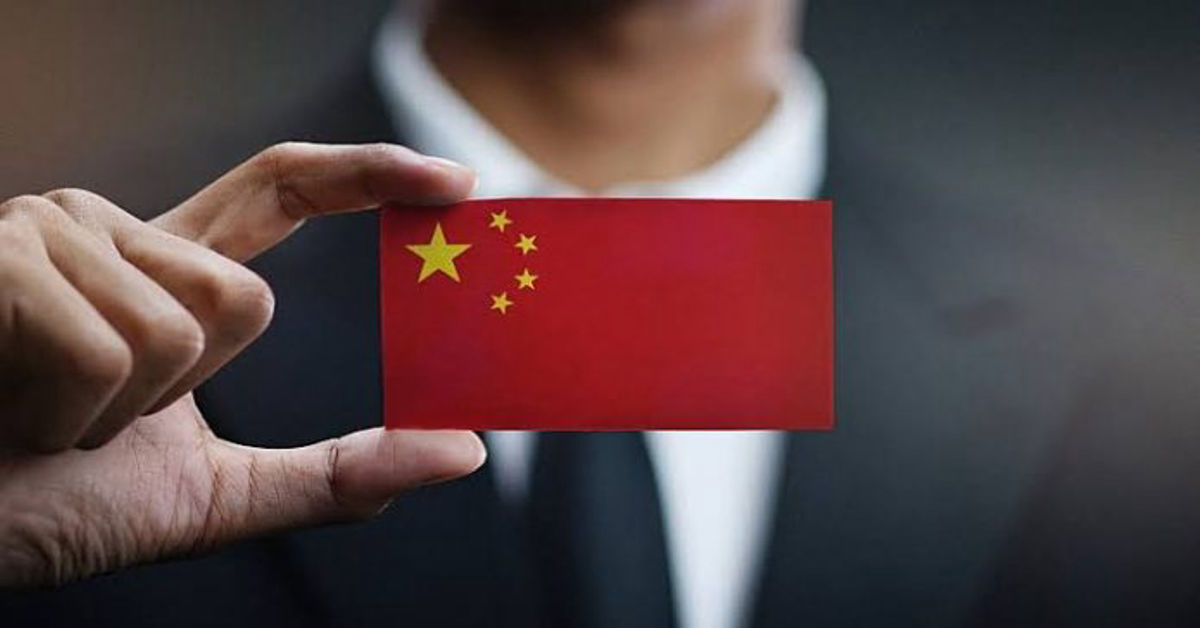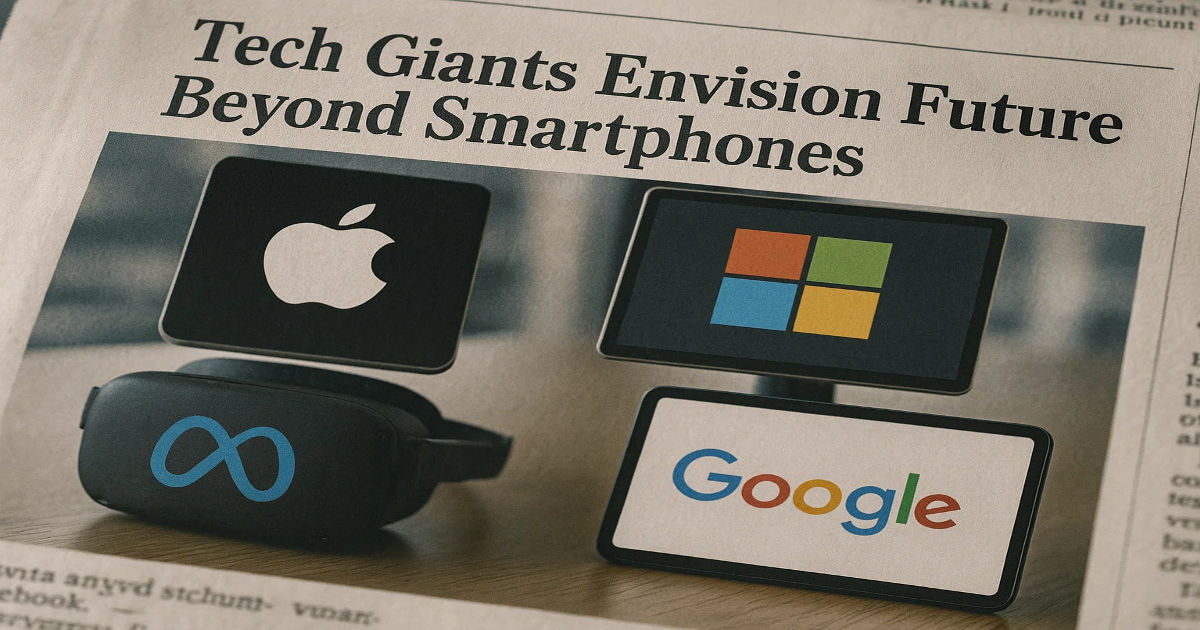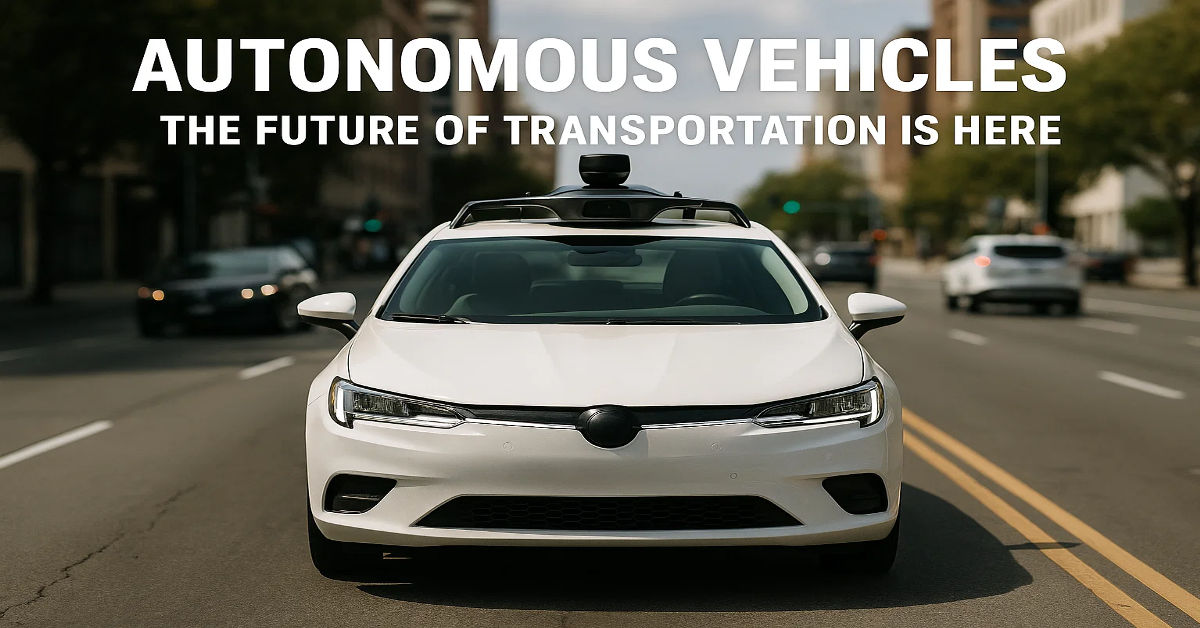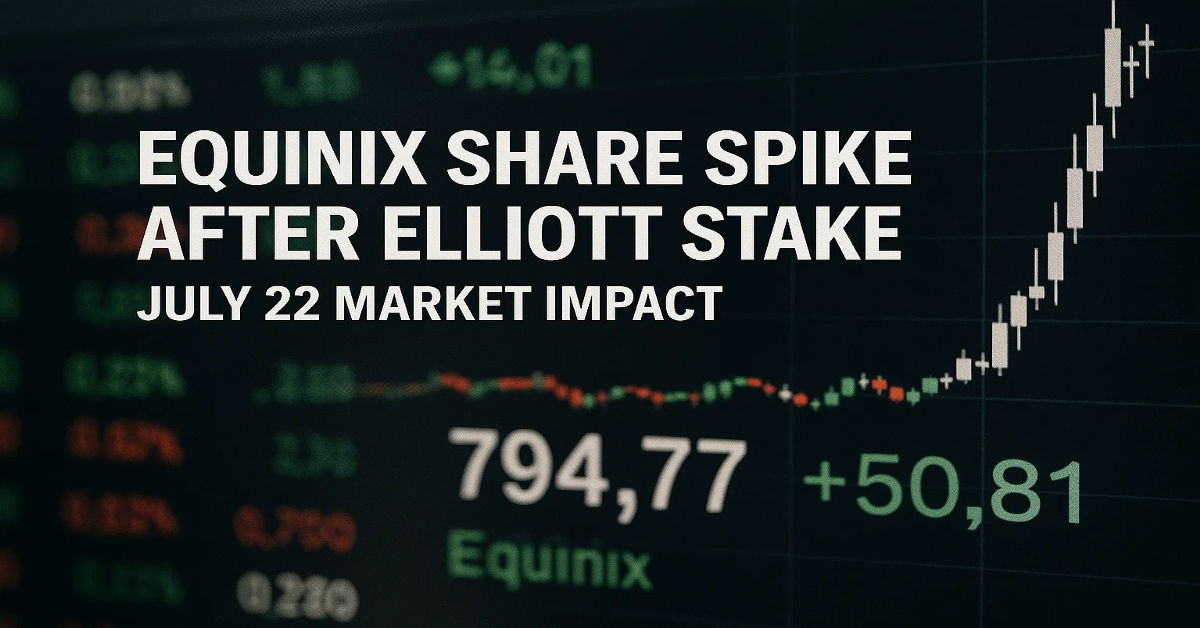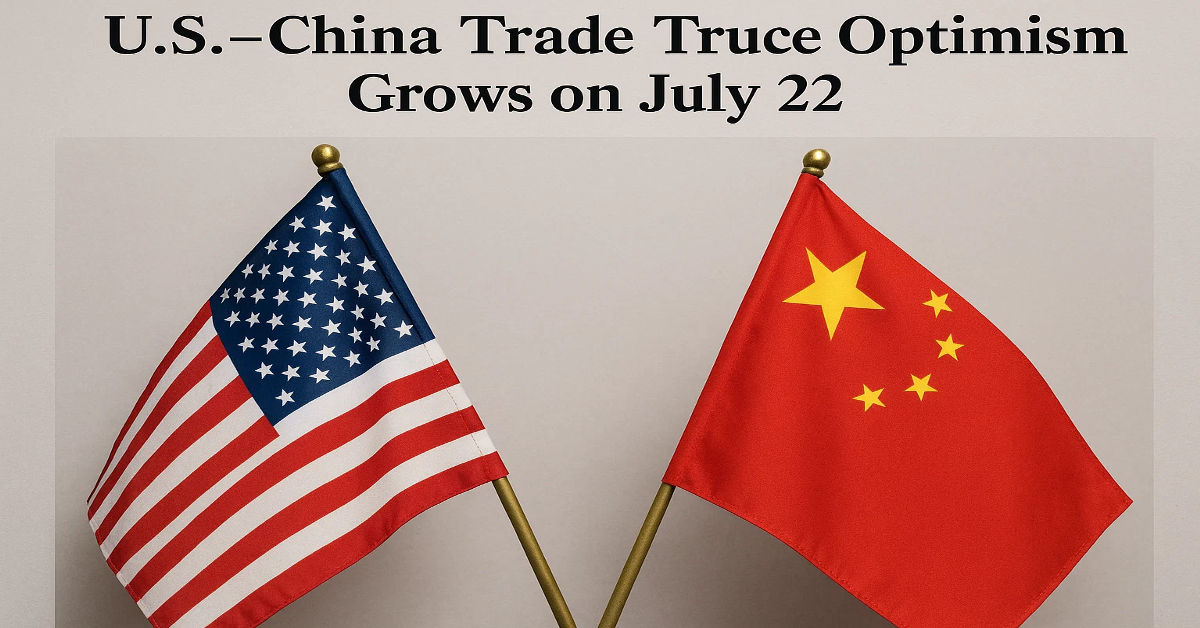
Apple CEO Tim Cook wants tariffs not to apply in trade dispute Former U.S. President Donald Trump has now put the focus on the worlds trade market. Declaring that tariffs imposed on Apple can just be advanced to its. This remark has reawakened discussions on trade policy, economic nationalism, and the changing nature of the global tech industry. Trump’s remarks, which are widely followed for signs of policy direction, also indicate that he is considering expanding his “America First” economic strategy beyond U.S.-based companies and toward those that are headquartered abroad, even if they indirectly support the American economy.
The Backdrop: Apple and Samsung in the World Market
The two giants in the world smartphone market are Apple and Samsung, who alternately share the No. 1 sales position worldwide. Apple’s headquarters are in Cupertino, Calif., but most of its manufacturing is in China. Samsung, meanwhile, is based in South Korea and makes products in countries like Vietnam and India. Until now, this geographical diversity has largely protected Samsung from most of the blow of U.S.-China trade tensions.
Trump’s Trade Approaches
Trump’s regime was defined by the use of tariffs as a weapon to cut trade deficits and shift production onshore. His trade war with China imposed billions of dollars in tariffs on an array of goods, from electronics to farm products. Though some tech companies like Apple sought exemptions (or even moved some production out of China), and companies like Samsung discovered opportunities in not getting caught in the crossfire, Trump after saying ‘Tariffs on Apple to Hit Samsung Too’ now seems prepared to prevent such external variables from breaking the pin.
Paving way for future
Trump has criticized Apple’s decision to make iPhones and other products in China instead of the United States. Even though Apple’s presence in the American economy from job creation to innovation and tax. Payment has been a boon, a reliance on Chinese factories for some electronics production undermines American manufacturing, Trump has argued. With his latest remark Trump has made it clear. There will be no special treatment for Apple unless it’s willing to move its production to the U.S. And that could be a huge issue.
Samsung’s Edge
Samsung’s modest exposure to China has enabled it to navigate the U.S.-China trade war relatively unscathed. Producing in countries that were not under U.S. tariffs allowed Samsung to out-compete Apple in certain markets. Trump’s latest stance to threaten to impose similar tariffs for Samsung appears motivated by neutralizing that advantage and levelling the playing field for U.S.-based companies.
Legal and Diplomatic Hurdles
Slapping a tariff on Samsung carries legal and diplomatic risks. Samsung, as a South Korean company, is bound by global trade agreements such as the Korea-U.S. Free Trade Agreement (KORUS) would be particularly applicable. Any so called Section 301 tariffs would probably be met with retaliation or challenged at the World Trade Organization (WTO). And South Korea is a crucial ally to the United States Tariffs on Apple to Hit Samsung Too with spiking trade tensions posing a threat to broader cooperation between the two countries on geopolitical matters.
Industry Impact: Tech caught in the crossfire
The tech world is highly globalized, with supply chains that stretch across many borders. Tariffs on Samsung could, however, disrupt these supply chains. It will raise consumer prices, and harm other American businesses that use Samsung parts. Then there is the precedent of deploying tariffs as an instrument against foreign competition. Which could be followed by other countries unleashing a ripple effect that stifles the pace of innovation and growth in the industry.
Apple and Samsung’s reaction
Neither Apple nor Samsung has responded to comment on Trump’s recent statement. Though people familiar with the matter believe both companies are monitoring events closely. Apple has previously lobbied the White House for tariff exemptions, while Samsung has generally refrained from political squabbles. But if Samsung were to come under fire, it could prompt a rethink of its investments in the United States.
Economic and Political Ramifications
The news couldn’t be more politically delicate at the very moment the U.S. goes into election season yet again. Trump’s remark could be interpreted a tactical ploy to build solidarity with voters who believe that globalization has hurt America. At the same time it raises questions of how far United States is willing to go in reworking trade to favor domestic interests. Policies will be the test of how well this rhetoric turns into action a moment that investors, policymakers, and others will now watch closely.
Conclusion
Trump’s declared intention to subject his Tariffs on Apple to Hit Samsung Too Apple what could be a new stage in American trade policy one that is more in-your-face, less formulaic and less likely to be done in tandem with others. Though designed to boost domestic manufacturing, the sweeping effects could also include strained international alliances, disrupted markets and higher prices for American consumers. While in a more interconnected global economy, the stakes of such decisions are higher than ever.












